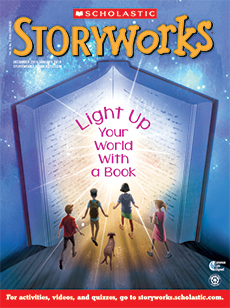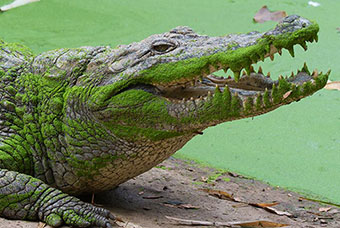Journey
Topic: Be a Scientist
Dinosaurs
1
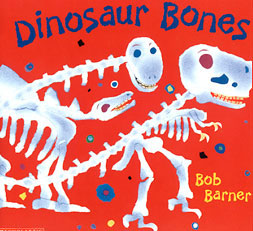
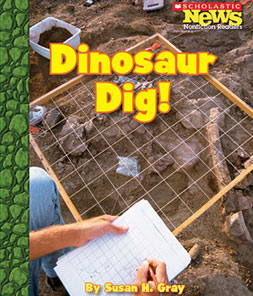
Watch the Story
Dinosaur Bones by Bob Barner
Read the Book
Dinosaur Dig! by Susan H. Gray
2
Dino Scientist
See how paleontologists study dinosaur remainsLesson Activities
3
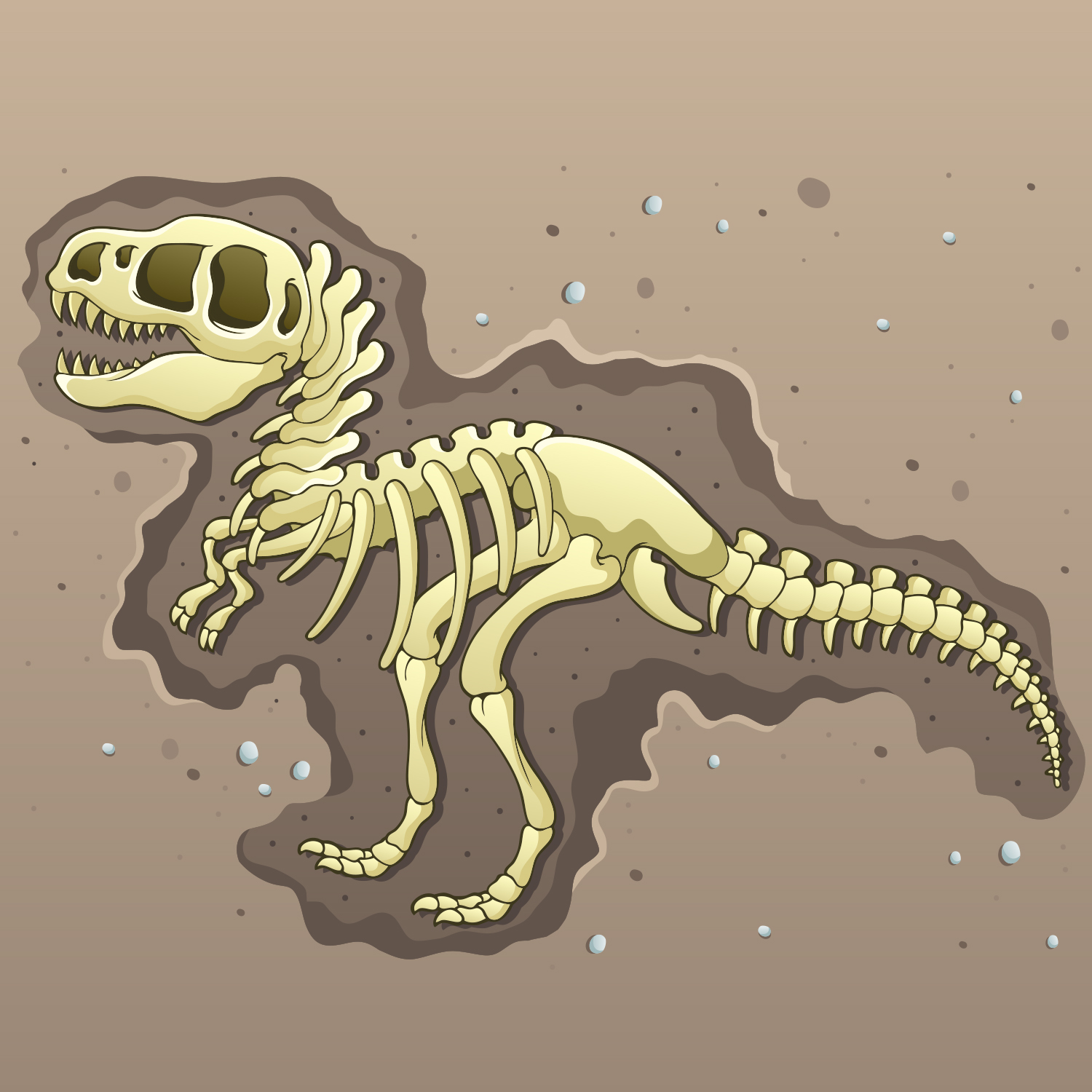
Science Activity
Make Fossils
Materials: 2 cups flour, 1 cup salt, 1 cup water, bowl, spoon, cookie sheet, small items (plastic toy animals, shells, leaves, coins, etc.)
Materials: 2 cups flour, 1 cup salt, 1 cup water, bowl, spoon, cookie sheet, small items (plastic toy animals, shells, leaves, coins, etc.)
Making these pretend fossils is sure to make an “imprint” on your child.
Combine dry ingredients in a large bowl. Then slowly add the water while stirring until it forms a dough. Pinch off pieces of dough and flatten them into cookie-sized circles on a baking sheet. Use the small items listed above to make imprints in the dough. When you’re done, let air dry.
Once the dough is dry, have your child play paleontologist and study the “fossils.” While they are observing, ask them questions: What do you notice about each fossil? Why do you think certain fossils are easier to recognize than others? If someone were to find this fossil millions of years from now, what would they learn about life in 2020?
Actividad de ciencia
Haz fósiles
Materiales: 2 tazas de harina, 1 taza de sal, 1 taza de agua, cuenco, cuchara, bandeja de hornear galletas, objetos pequeños (animalitos de plástico, conchas de mar, hojas, monedas, etc.)
Materiales: 2 tazas de harina, 1 taza de sal, 1 taza de agua, cuenco, cuchara, bandeja de hornear galletas, objetos pequeños (animalitos de plástico, conchas de mar, hojas, monedas, etc.)
Hacer estos fósiles falsos seguramente causará una “impresión” en tu niño o niña.
Mezcla los ingredientes secos en un cuenco grande. Añadan agua poco a poco mientras remueven la mezcla. Despega trozos de la masa y dales forma de galletas en la bandeja de hornear. Presiona los objetos pequeños mencionados anteriormente en la masa para crear impresiones. Cuando termines, déjalo secar.
Cuando la masa se seque, dile a tu niño que juegue a ser un paleontólogo y que estudie los “fósiles”. Mientas observan, pregúntale: ¿Qué notas sobre los fósiles? ¿Por qué crees que ciertos fósiles son más fáciles de reconocer que otros? Si alguien encontrara estos fósiles en millones de años en el futuro, ¿qué crees que aprenderían de la vida en 2020?
